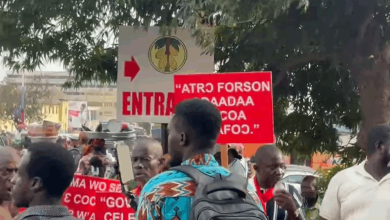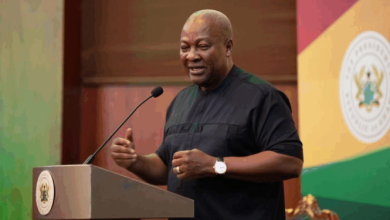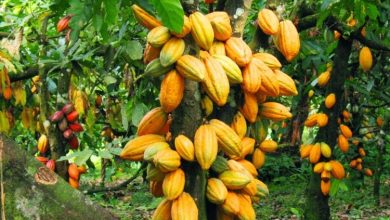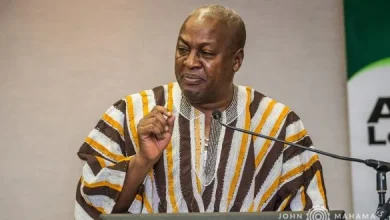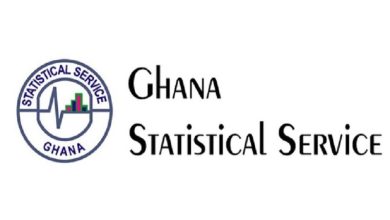Reform momentum key to sustaining Ghana’s economic gains – World Bank
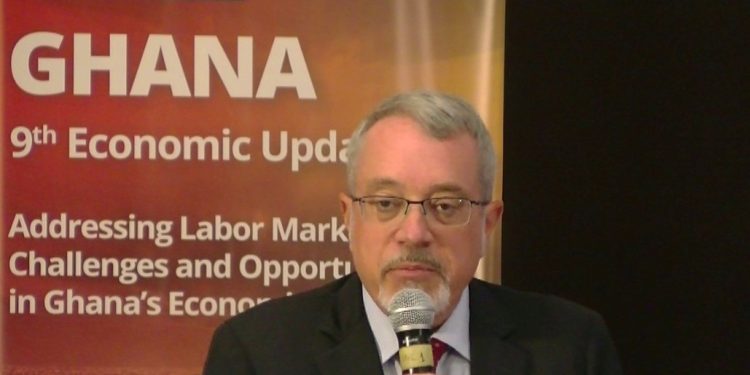
Ghana’s economy grew by 5.7% in 2024, maintaining strong momentum into the first quarter of 2025 with a growth rate of 5.3%, according to the World Bank’s 9th Economic Update for Ghana titled Addressing Labor Market Challenges and Opportunities in Ghana’s Economic Landscape.
The report credits progress in debt restructuring, easing inflation, and robust trade performance for boosting foreign reserves. However, it cautions that fiscal challenges in 2024 reversed earlier stabilization gains, underscoring the urgent need for structural reforms to strengthen fiscal discipline and macroeconomic stability.
Growth is projected to slow to 3.9% in 2025 as fiscal adjustments dampen domestic demand, inflation remains above target, and high interest rates persist. The World Bank warns that delays in debt restructuring, inflationary pressures, exchange rate volatility, and climate-related agricultural losses could threaten Ghana’s economic stability.
“Ghana’s success will depend on maintaining reform momentum and steadfast implementation,” said Robert Taliercio, World Bank Division Director for Ghana, Liberia, and Sierra Leone. “Energy sector reform, private sector participation, and improved management of public finances are critical for long-term growth.”
The update also examines Ghana’s labor market, projecting significant growth in the working-age population over the next decade. While this presents opportunities, the report stresses the need for a comprehensive job creation strategy, particularly targeting youth employment, skills development, and structural transformation.
Lead economist Kwabena Gyan Kwakye highlighted the importance of boosting agricultural productivity, expanding agro-processing value chains, and facilitating job-to-job transitions to enhance economic resilience.
To stimulate private sector-led growth and employment, the World Bank recommends:
Building physical and human capital through infrastructure investments and skills training.
Improving the business environment by addressing regulatory bottlenecks and expanding access to finance.
Mobilizing private capital for high-potential sectors such as manufacturing, textiles, electronics, and chemicals.
The Bank urges Ghana to balance short-term stabilization with long-term reforms to ensure sustainable economic transformation, stronger job markets, and resilience to external shocks.


